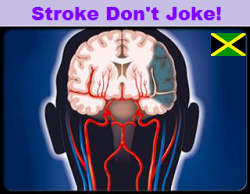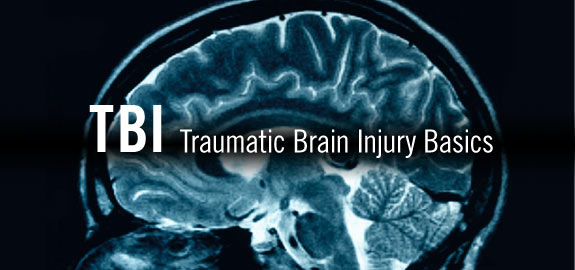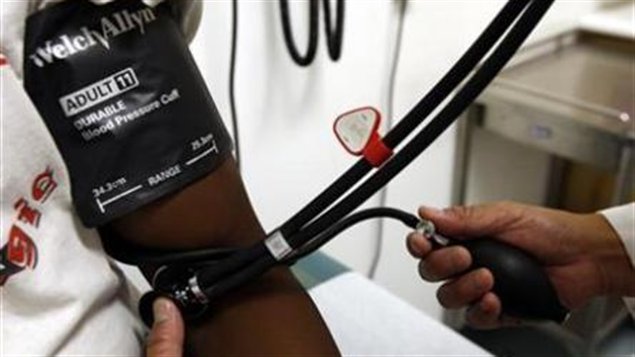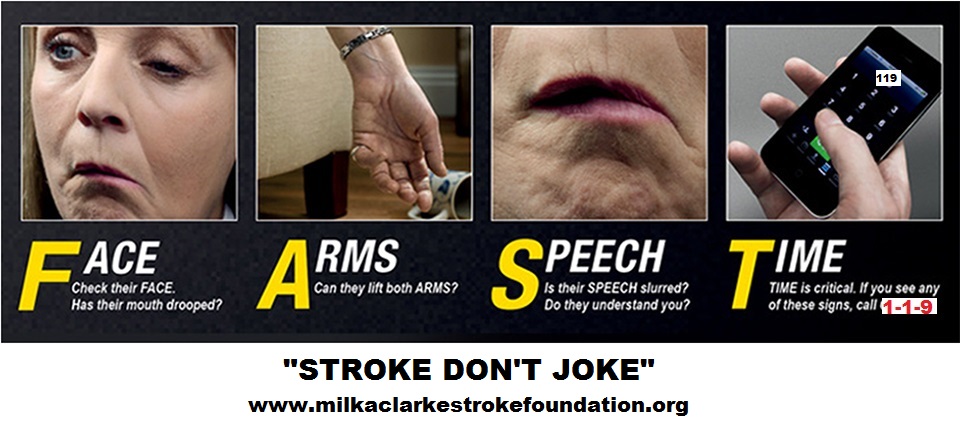This specialist in nutrition can help you reduce many common risk factors for stroke. Quitting smoking is also critical to reduce risk of stroke. Talk with your loved one about quitting smoking. Ask his or her healthcare provider for help.
Taking medicine
Your loved one may take more than 1 type of medicine. Each must be used as directed. If medicines include a blood thinner, your loved one may need regular blood tests.
Tips for safe medicine use
- Make sure medicines are taken on schedule. If timing is vital, set an alarm.
- Keep pill doses in a divided tray. A pill box can help.
- Know which foods or liquids the patient should avoid while taking prescribed medicines.
Reducing the risk of stroke
Many factors that increase the risk of stroke can be reduced. Your loved one’s doctor and a dietitian can advise ways to:
- Lower high blood pressure
- Improve cholesterol
- Control heart disease
- Manage diabetes
- Lose excess weight
- Reduce risk of blood clots by taking blood thinners as recommended by the healthcare provider
- Stay active with aerobic and muscle-strengthening exercises
Warning signs of another stroke
If your loved one suddenly has any of the problems below, call 119 immediately for emergency medical help:
· Numbness or weakness of the face, arms, or legs, especially on 1 side
· Confusion or trouble speaking or understanding
· Trouble seeing in 1 or both eyes
· Trouble walking, dizziness, loss of balance or coordination
· Severe headache with no known cause
· Loss of consciousness or a seizure
F.A.S.T. is an easy way to remember the signs of a stroke. When you see these signs, you will know that you need to call 119 fast. F.A.S.T. stands for:
· F is for face drooping - One side of the face is drooping or numb. When the person smiles, the smile is uneven.
· A is for arm weakness - One arm is weak or numb. When the person lifts both arms at the same time, one arm may drift downward.
· S is for speech difficulty - You may notice slurred speech or difficulty speaking. The person can't repeat a simple sentence correctly when asked.
· T is for time to call 119 - If someone shows any of these symptoms, even if they go away, call 119 immediately. Make note of the time the symptoms first appeared.

 RSS Feed
RSS Feed









